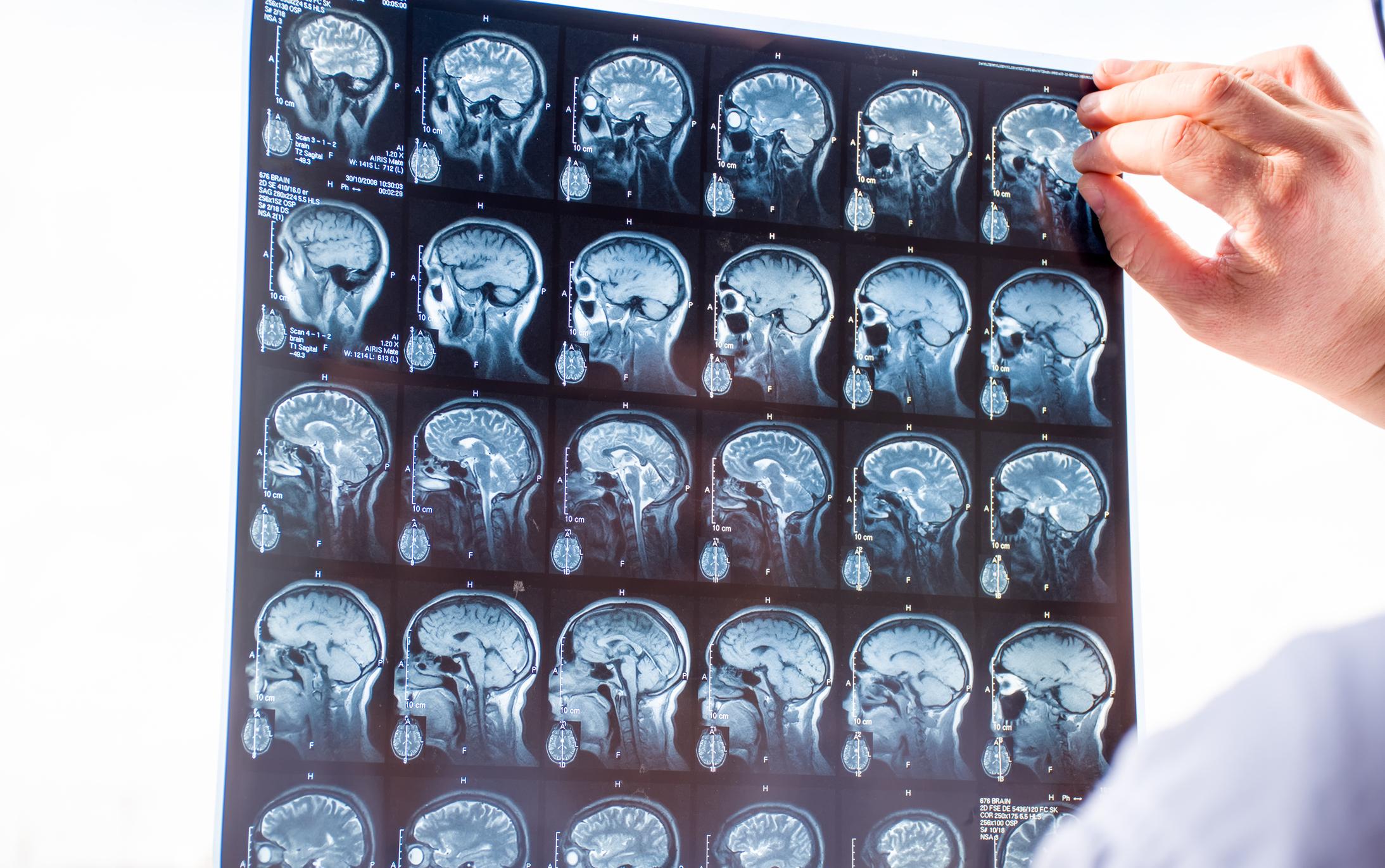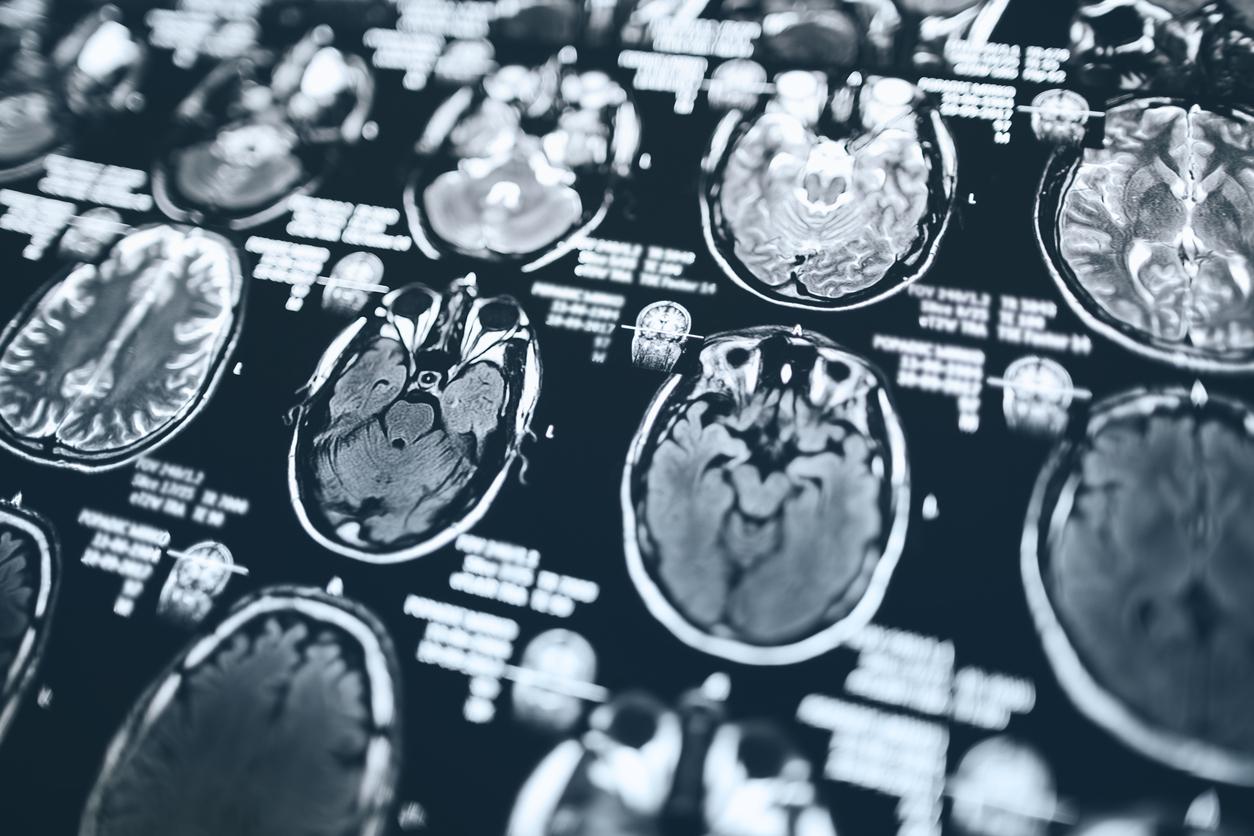Listening to Mozart’s Sonata for Two Pianos in D Major (K448) for at least 30 seconds would reduce the cerebral electrical phenomenon characteristic of epilepsy.

- When Mozart’s Sonata K448 appeared, listening for between 30 and 90 seconds led to an average reduction of 66.5% in the number of epilepsy-associated electrical activity spikes in the brain.
- These reductions were found to be greatest in the brain’s left and right frontal cortices, which are involved in emotion regulation.
For some time, it has been discovered that Mozart’s music can relieve epileptic seizures, and more specifically the Sonata for two pianos in D major (K448). The mechanisms behind this amazing treatment remained misunderstood. In a new study, published September 16 in the journal Scientific Reportsresearchers believe they have solved the mystery by studying the brains of patients with epilepsy during the broadcast of the music of the Austrian composer of the 18th century.
Emotional regulation impacted
Previous research has shown that listening to K448 is associated with less frequent spikes in electrical activity in the brains of people with epilepsy, without specifying the impact of listening time and the reasons for this association. To see more clearly, researchers used electroencephalogram (EEG) to measure electrical activity in the brains of 16 adults with drug-resistant epilepsy as they listened to a series of 15- or 90-second music videos. , including Mozart’s famous sonata.
As a result, when Mozart’s sonata K448 appeared, listening for between 30 and 90 seconds led to an average reduction of 66.5% in the number of epilepsy-associated electrical activity spikes in the brain. These reductions were found to be greatest in the left and right frontal cortices of the brain, parts of the brain involved in regulating emotional responses.
Frontal cortices activated
The researchers also observed that when participants listened to the end of long repetitive sections in K448, a type of electrical activity known as theta activity increased in their frontal cortices. Previous research has suggested that theta activity may be associated with positive emotional responses to music.
According to the study authors, listening to K448 for just 30 seconds can activate networks in the brain that are associated with positive emotional responses to music. “Activating these networks may help reduce spikes in electrical activity associated with epilepsy in people with drug-resistant epilepsy”, they suggest.

.

















